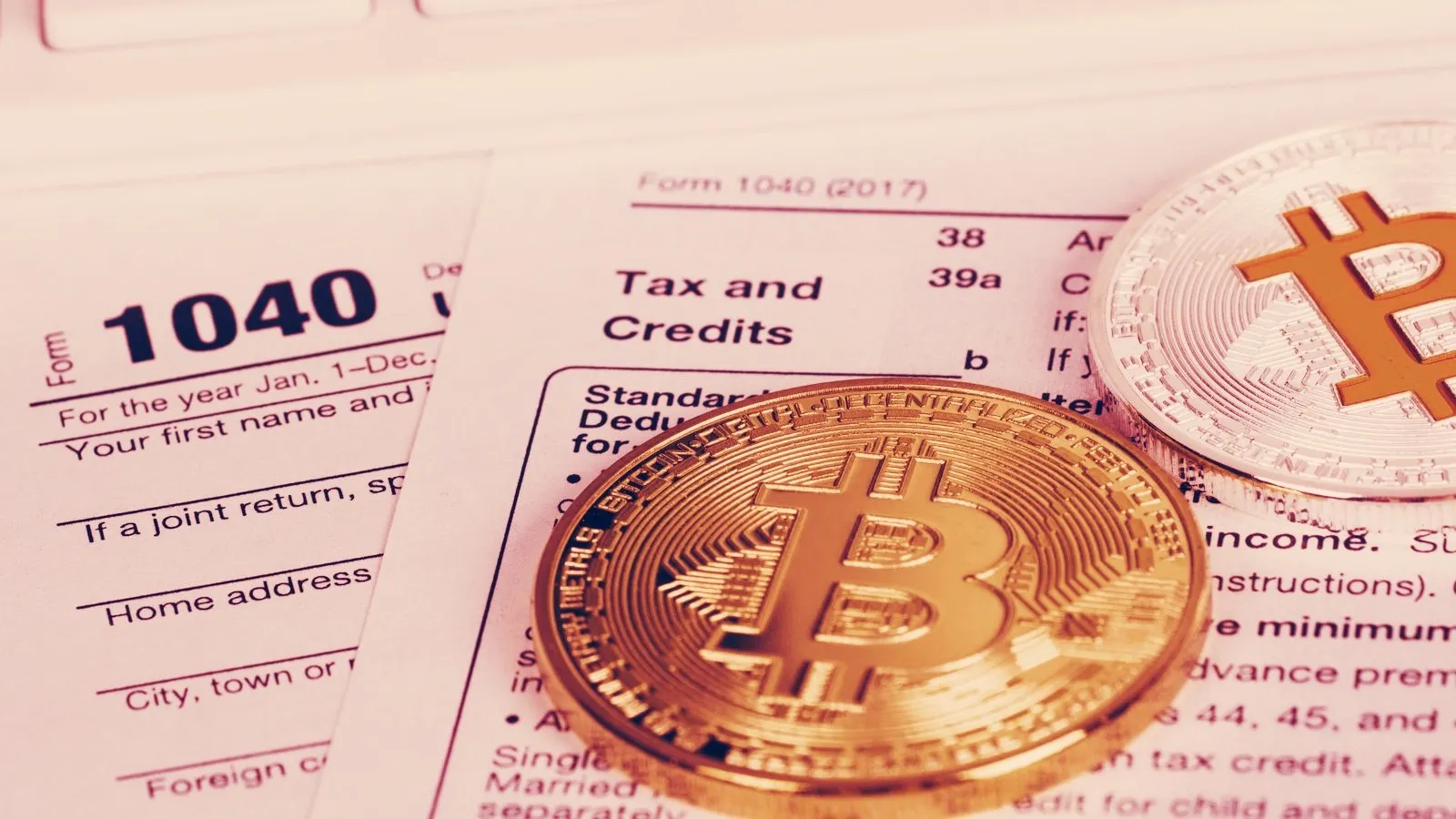In brief
- An expert witness described filing crypto taxes as a "nightmare".
- The council member argued for clearer crypto guidelines from both the SEC and CTFC.
- The regulatory environment in the US is fractured, with different regulatory bodies classing cryptocurrencies differently.
An expert witness testifying in front of a US congressional panel explained to legislators on Wednesday that doing crypto taxes is a “nightmare” due to an over-complicated process.
During a US congressional meeting titled “Building Blocks of Change: The Benefits of Blockchain Technology for Small Businesses,” Protocol Labs General Council member Marvin Ammori told members of the intricate crypto tax regimen.
“The tax treatment is very complicated, Ammori said, before adding, “doing your taxes for crypto is the worst nightmare.”
Bitcoin’s tax exemption
Ammori’s answer came following a question concerning whether or not blockchain tech is primed for mass adoption. While the council member was positive that blockchain could move into a large-scale adoption phase, he remained wary about crypto tax issues.
“If you wanted to spend Bitcoin on a coffee this morning, you’d have to keep track of what you paid for the Bitcoin and how much it was worth the moment you spent it, and pay the capital gain or loss on every single transaction.”
Offering a solution, Ammori lauded the Virtual Currency Tax Fairness Act—a bill recently introduced in Congress. The bill proposes a “de minimis tax exemption,” which would place a partial tax exclusion on day-to-day cryptocurrency purchases on a threshold below $200.
“If we could have a de minimis tax exemption, which has been proposed [...] I think all of you should support that,” said Ammori
The council member also argued for clearer crypto guidelines from both the Securities and Exchange Commission (SEC) and the Commodity Futures Trading Commission (CTFC).
Ammori wasn’t alone in his thinking. Witness Jim Harper, a visiting fellow at the American Enterprise Institute (AEI), similarly voiced concerns about the US’ foggy crypto regulation.
And there are no prizes for guessing why. A menagerie of regulatory authorities hold differing—and often contradictory—stances on cryptocurrency regulation in the US. While the SEC concerns itself with the classification of cryptocurrencies, the CFTC deems digital assets commodities, and the IRS deems digital assets as “property for US federal tax purposes.”
With the new tax season fast approaching, we’d all better hope congress heeds this testimony, or crypto enthusiasts risk facing another tax headache come 2021.
In the meantime, we've put together a brief overview of filing your taxes in the US, if you're stuck.

